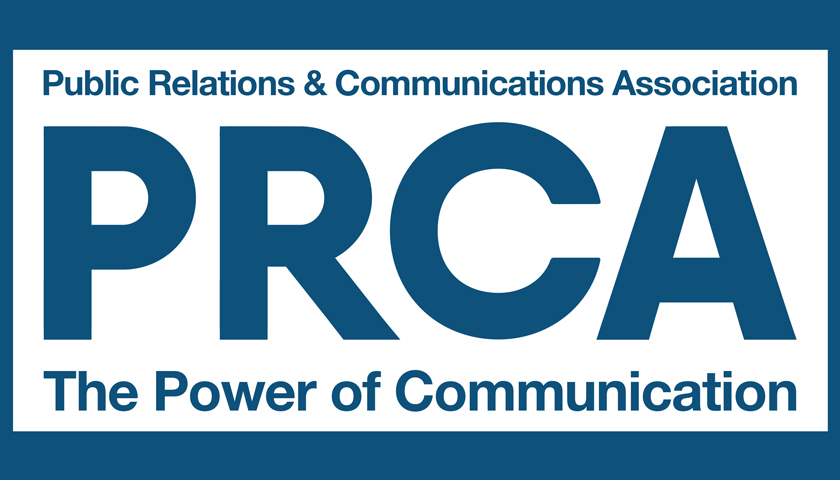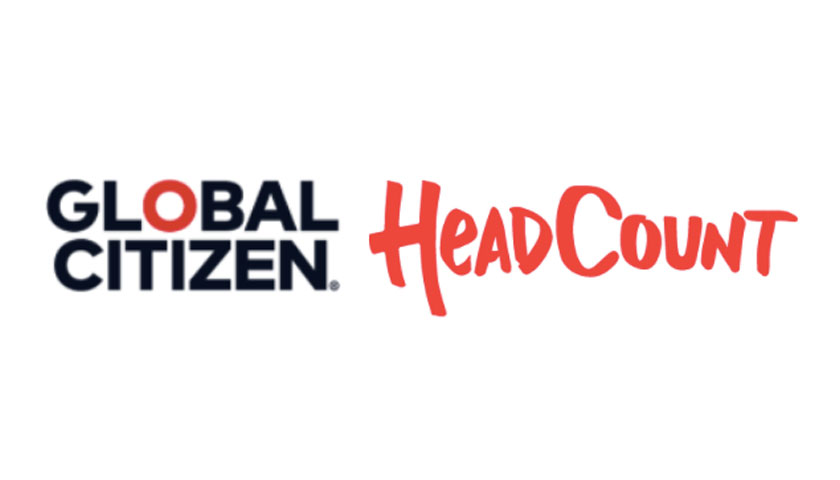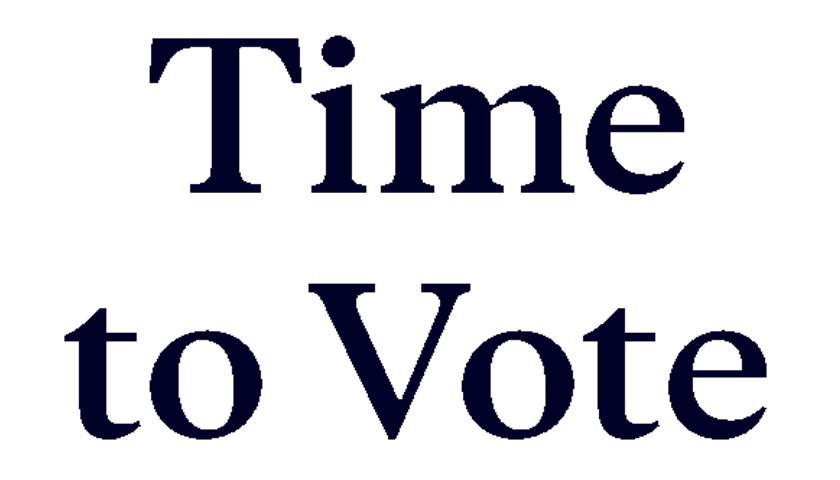With 2020 a United States Presidential Election year – and Presidential Impeachment hearings also bearing down on the nation – U.S.-based members of the 35,000-member Public Relations and Communications Association (PRCA) issued an open call today for stronger ethical compliance by political, public affairs and media communicators.
Recent years have proved an open season on fact-based communications in the U.S. political sphere.
Satirical tweeting last week by a former White House Press Secretary now affiliated as an analyst with news outlet CNN and a parody-content campaign issued in fall 2019 by a U.S. journalism professional society were each mistaken as authentic news. False information then was re-shared widely across social media, in factual disservice to the public.
These and countless other incidents from equally countless sources have prompted numerous PRCA public relations leaders based in the U.S. to urge labeling of content as well as better compliance with truth and transparency requirements.
“With ‘Decision 2020’ soon upon us, there’s solid urgency now for political campaigns, government spokespersons and the media who cover them to adhere to ethical standards for truthful, accurate information,” said Jared Meade, MPRCA, a PRCA PR Council member and principal of Rayne Strategy Group in Toledo, Ohio.
“Editorial and opinion content should be labeled clearly, and as for satire, many news media and even political analysts should avoid parody content altogether, because it easily results in public confusion about the facts,” Meade said.
PRCA requires compliance with its Professional Charter as a condition of membership by any member communicator.
The organization also stands as the only global PR industry association of its size with a track record of publicly expelling members who violate its ethics code, such as its expulsion of the now-defunct PR firm Bell Pottinger in 2017 – a precedent-setting case.
In addition, PRCA launched in February 2019 its Public Affairs Code – an additional set of standards specifically for government and political communicators working in public affairs posts in the United Kingdom specifically, but with parallel expectations of conduct for PRCA members working in other nations across the globe.
The 19-point Public Affairs Code includes detailed descriptions of conduct considered unethical, if committed by governmental public affairs professionals or political spokespersons.
The Code also integrates a due-process complaints procedure for violators to be held accountable by PRCA’s adjudicating body.
“PRCA is the largest public relations organization with members in the U.S. who voluntarily subscribe to a code of conduct that is accountability- and compliance-driven,” said London-based PRCA Director General Francis Ingham. “There are substantive consequences for failing to comply with ethical requirements, which makes PRCA’s code the gold standard in the global industry.”
In 2019 – a U.K. election year for its Prime Minister – PRCA issued a public rebuke of a Scottish Conservative MP (the equivalent of a U.S. congresswoman) who simultaneously began working part-time for a PR / lobbying firm, in violation of PRCA conflict-of-interest rules.
PRCA also admonished the U.K. Conservative Party for rebranding its Twitter Account as ‘Fact Check UK’, in violation of transparency standards for proper identification of information sources.
In both cases, PRCA’s vocal ethics advocacy helped prompt reversals of action, toward more ethical, transparent decisions (the MP resigned from the lobbying firm and the U.K. Conservative PartyTwitter account reverted to its earlier handle / identifiers).
Professional communicators can learn more about PRCA’s ethical code at prca.org.uk.
U.S.-based PRCA members offer comments about recent ethical lapses:
- “It is disgraceful that a former Democratic presidential press secretary and current CNN analyst has resorted to blasting out fake quotes attributed to Republican senators to advance a partisan political agenda. Will CNN hold this egregious ethical breach to account? Sadly, I won’t hold my breath.” —David M. Bicofsky, MPRCA, APR, Fellow, PRSA, Teaneck, New Jersey
- “Surveys consistently rank politicians and journalists at or near the bottom of the least trustworthy and ethical professions in the U.S. In posting made-up information targeting others with ideologies different from his, Mr. Lockhart’s unapologetic post serves no productive purpose other than to confirm the bottom-rung credibility data and damages his veracity as a CNN analyst. Such self-inflicted wounds cause people like me to find other mainstream and online news sources, such as the BBC.” – Susan Hart, MPRCA, Nashville, Tennessee
- “We’re living in a time when truth and reality are difficult to discern, and our nation’s major institutions are sowing distrust. It is our responsibility as professional public relations practitioners to rise above the fray and hold each other to a higher standard.” — Michael Holtz, APR, MPRCA, Knoxville, Tennessee
- “Inaccurate news and untruthful information come from sources as ideologically diverse as the full political spectrum itself. As a result, we need to take partisan leanings and sniping out of the discussion and look solely at the decision-making and behaviours themselves that run afoul of ethics codes – which is exactly what PRCA does, in calling out unethical communications conduct, regardless of their source across the political aisle.” — Mary Beth West, MPRCA, Knoxville, Tennessee


